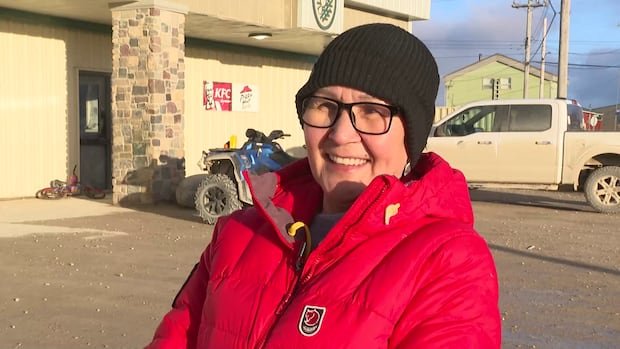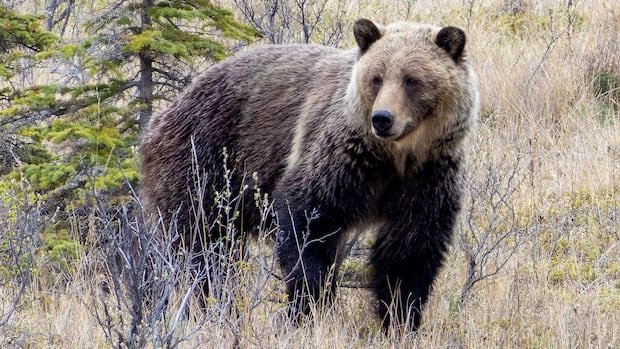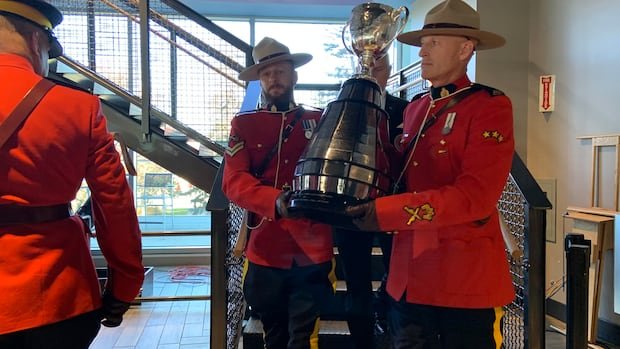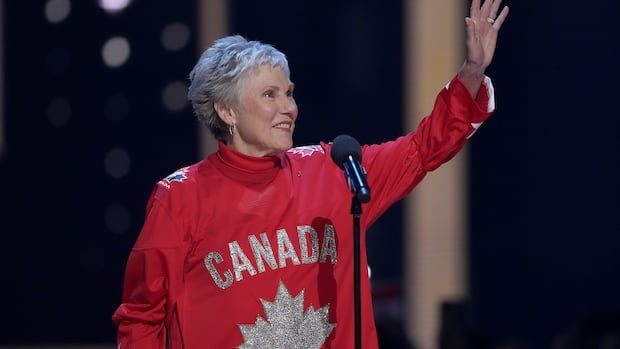Standing on the side of a road in Cambridge Bay, Nunavut, former legislator Jeannie Ehaloak looks around and sees several problems in her community that she wants to address.
“We’ve lost our stadium, we’ve lost our youth center, so there’s a lot of vandalism and mischief in our community. Our youth are crying out for help,” he said.
She is not the only one concerned about future generations and sees it as a territorial electoral issue.
Cambridge Bay Youth Center Program Coordinator Darlene Agitak says young people don’t really have a platform where they can participate in civic activities and tell politicians what change they would like to see. In his opinion, the creation of a youth committee could be a good starting point.
“Young people don’t really understand how government works and how their voice, their ideas, their opinions, their thoughts and their experiences affect us as a society,” he said.
Although Agitak believes that politicians should engage more with all their constituents.
“I would like to see more communication about events from the community as a whole,” he said.
“So, for example, what’s happening in education, what’s happening with our culture…making sure there’s some kind of public information, like a website or a page, so we can go in and ask questions or leave our concerns.”
As a member of the legislative assembly, Ehaloak sees the need for politicians to better communicate with their constituents on issues that affect them. Right now, he considers food insecurity and Arctic sovereignty to be hot political issues.
“Not many people watch the legislature online or read the news, so it’s really important to communicate what’s happening,” he said.
‘Do great’ to vote
Voter turnout, in every election, has declined since Nunavut’s creation as a territory in 1999.
In the 2021 election, only 47.9 percent of eligible voters voted, and some people in Iqaluit want those statistics to change.
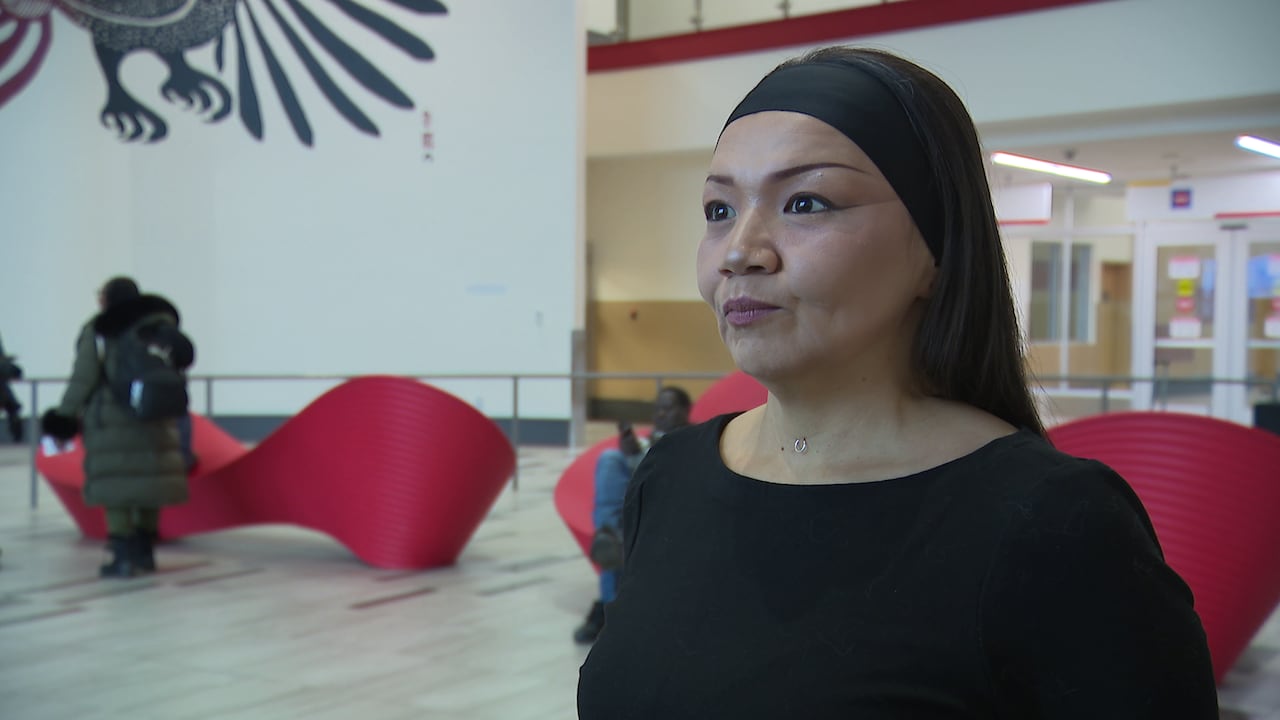
Tiina Kakkik says her family has always voted and she plans to keep that pattern alive.
“Voting has been a fun thing for my dad and I with our late uncle and we just plan to continue,” she said.
Kakkik believes that transportation and mobility are barriers for some people to access polling stations to cast their vote. However, he also sees apathy among some Nunavummiut as a reason for low participation rates.
To address this, he believes politicians have to “make voting attractive.”
“I think we just made it a trend and started this movement of how great it is to be out there casting your votes,” he said.

Maggie Amarualik says that in her early years she didn’t really care about voting. But as Nunavummiut continue to face issues with healthcare and housing, she believes it is imperative that Nunavummiut of all ages vote and and have a voice in your future.
“Please young people go vote and it will be beneficial for our future.”
Election day is scheduled for October 27.




